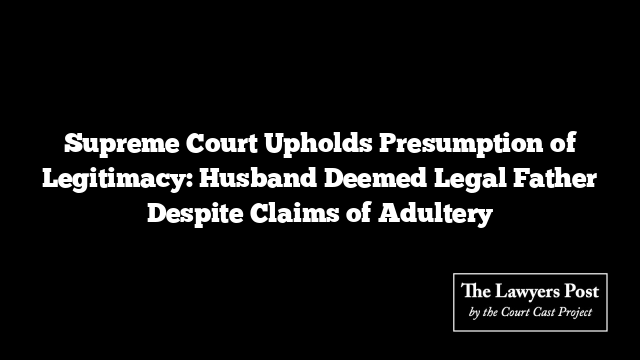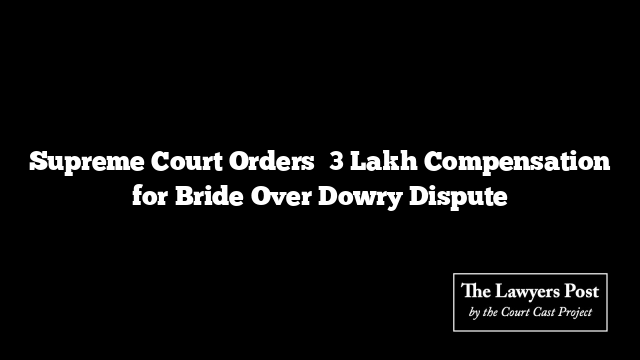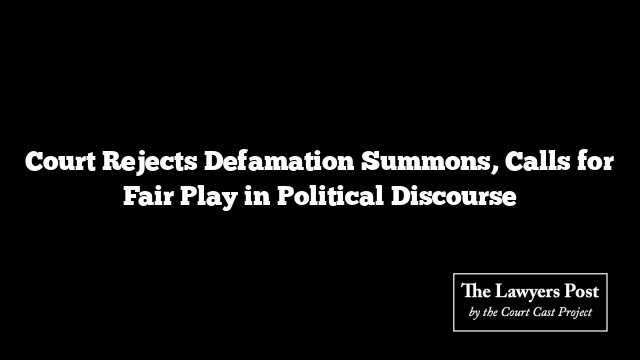The Supreme Court has reaffirmed the principle that in a subsisting marriage, a husband is presumed to be the legal father of his wife’s child, even if the wife alleges the child was conceived through an adulterous relationship. This landmark ruling hinges on Section 112 of the Indian Evidence Act, which establishes a strong presumption of legitimacy unless disproven by evidence of non-access between the spouses.
Strong Presumption of Legitimacy
The Court emphasized that the provision aims to protect the child’s legitimacy and shield families from invasive inquiries into parentage. “The language of the law makes it unequivocal: during a marriage, the husband is presumed to be the father of the child unless non-access is proven,” the bench declared. This presumption, deemed conclusive proof of legitimacy, places the onus of rebuttal on those asserting otherwise.
The judgment also underscored that courts cannot order DNA tests to challenge this presumption without substantial evidence. Forcing such a test, the Court noted, infringes on the privacy and dignity of the alleged biological father, particularly in cases involving accusations of infidelity.
Privacy and Dignity at Stake
The Court ruled that subjecting individuals to DNA tests in such cases could irreversibly harm their reputation, mental health, and societal standing. “Scrutiny of a private matter like infidelity can have devastating consequences. Privacy and dignity must be safeguarded,” the bench stated.
The Legal Battle
This contentious case originated in Kerala, involving a child born in 2001 while the mother was married. Despite her claims that another man fathered the child, courts consistently upheld the presumption of legitimacy. Both the munsiff court and the Kerala High Court rejected requests for a DNA test.
The family court later reignited the issue, ordering a DNA test to determine paternity in connection with a maintenance claim. The High Court supported this decision, reasoning that legitimacy and paternity are distinct concepts and that the child had the right to seek maintenance from their biological father.
This prompted the alleged biological father to appeal to the Supreme Court, challenging the family court’s jurisdiction and the necessity of a DNA test.
Supreme Court’s Findings
The apex court examined international legal practices in the United States, United Kingdom, and Malaysia, where a strong presumption of legitimacy prevails. Courts in these countries only permit DNA tests after credible evidence of illegitimacy is presented, ensuring that the child’s best interests are considered.
Applying this perspective, the Supreme Court ruled that the family court had overstepped its jurisdiction. The presumption of legitimacy, reinforced by Section 112, requires substantive evidence to justify a DNA test. The Court also clarified that matrimonial issues related to legitimacy fall within the scope of civil courts, not exclusively family courts.
Final Verdict
Setting aside the family court’s order, the Supreme Court quashed the maintenance proceedings. It upheld the child’s legitimacy under the presumption that the ex-husband is the legal father. By doing so, the judgment safeguards both privacy rights and the principle of legal legitimacy, reaffirming the delicate balance between individual dignity and the rule of law.





